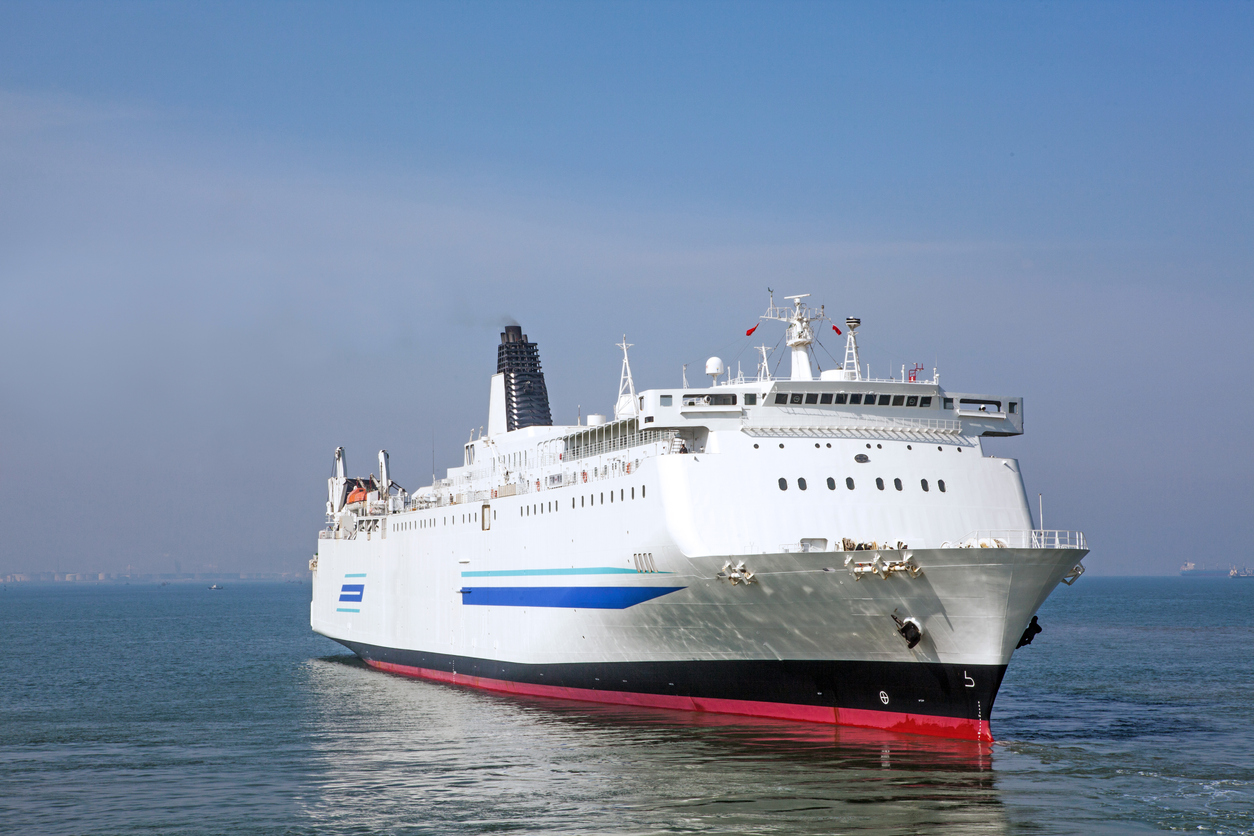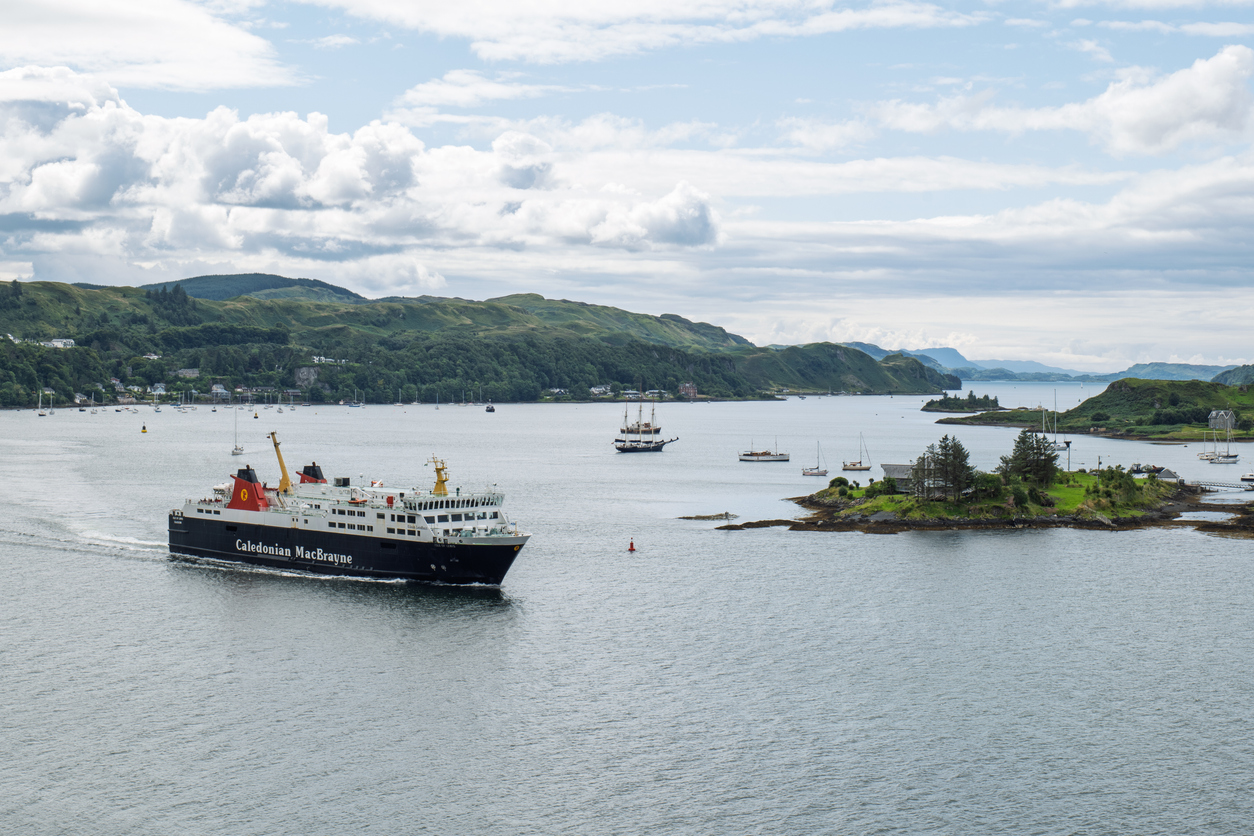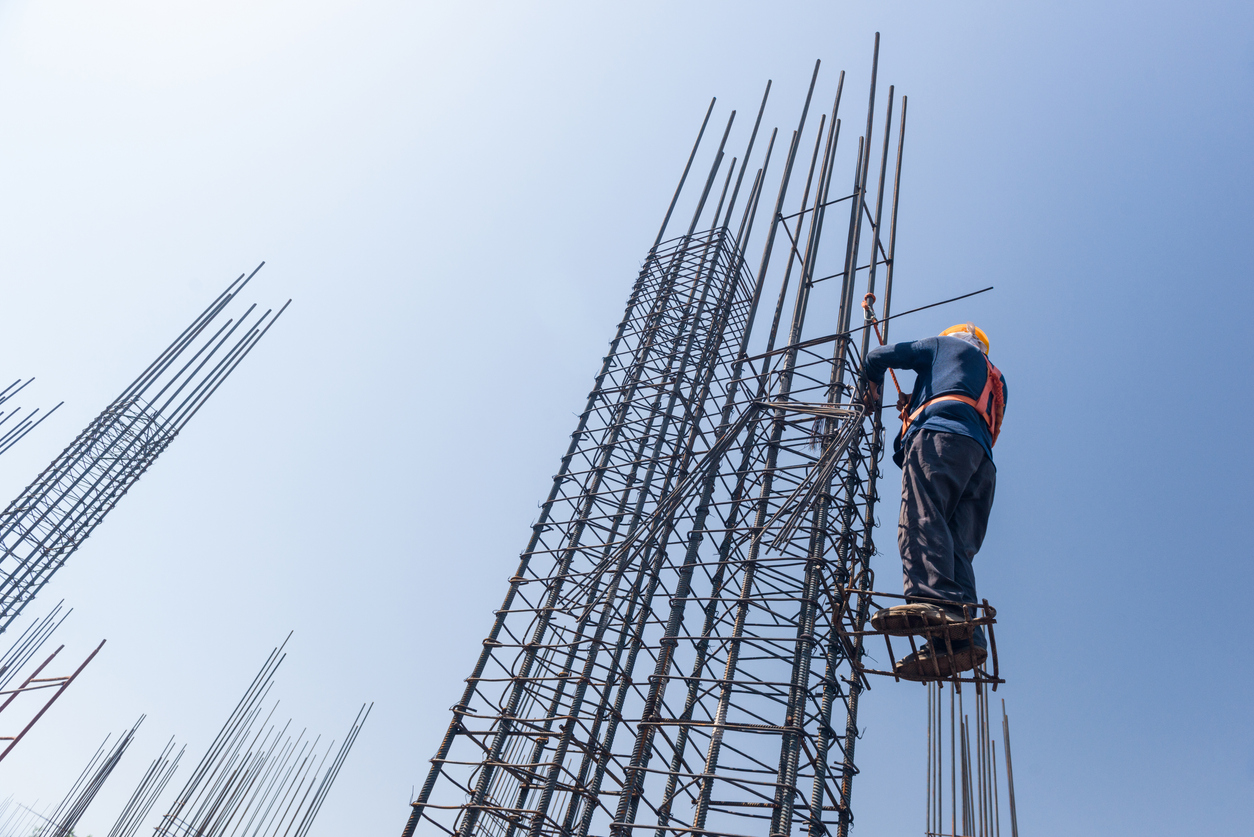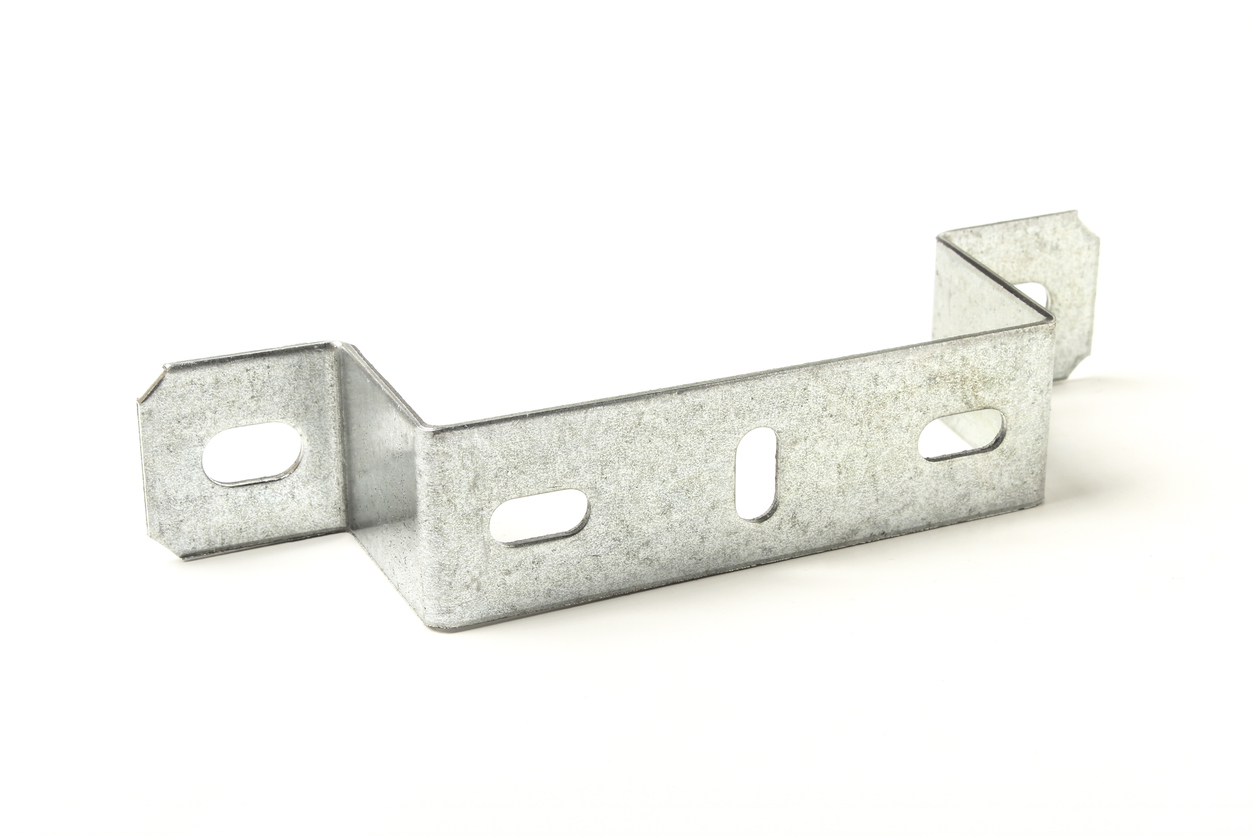Importing Passenger and Cargo Ships into Nigeria: How to do it Safely
Importing Passenger and Cargo Ships into Nigeria: How to do it Safely
The Nigerian maritime industry is one of the most important pillars of the Nigerian economy. The sector offers opportunities for employment, trade and tourism.
However, with Nigeria’s weak infrastructure, these benefits are limited to only coastal communities. The need for more robust infrastructure has led to the development of ports in Lagos and Calabar.
The challenge now is how to import passenger and cargo ships into Nigeria. Here are some tips on how to go about it safely.
Importing Passenger and Cargo Ships Into Nigeria
The Nigerian Maritime Industry has been flourishing in recent years, and the industry is currently valued at over $9bn.
However, with Nigeria’s weak infrastructure, these benefits are limited to only coastal communities.
The need for more robust infrastructure has led to the development of ports in Lagos and Calabar, but given how international trade is growing at a quick pace and how the current infrastructure cannot meet the needs of this growth, we can envisage an increasing number of ships docking on our shores.
The challenge now is how to import passenger and cargo ships into Nigeria. Here are some tips on how to go about it safely:
Why is it Important to Import Passenger and Cargo Ships?
With the expansion of the Nigerian maritime industry, it has become important to import passenger and cargo ships. Passenger and cargo ships are necessary in order to reach the entire country.
Importing these ships into Nigeria is not a simple task. It requires coordination with many stakeholders including customs officers, port managers, ship owners and shipping lines.
In this post, we’ll cover some key steps that you should take when importing a passenger or cargo ship into Nigeria.
Is the Market Ready for Importing Passenger and Cargo Ships?
The Nigerian maritime industry is one of the most important pillars of the Nigerian economy. The sector offers opportunities for employment, trade and tourism.
However, with Nigeria’s weak infrastructure, these benefits are limited to only coastal communities. The need for more robust infrastructure has led to the development of ports in Lagos and Calabar.
The challenge now is how to import passenger and cargo ships into Nigeria. Here are some tips on how to go about it safely.
Who can help You Import a Passenger or Cargo Ship?
If you’re looking to import a passenger or cargo ship, you can take the help of experts.
Experts in this sector have the knowledge and experience to navigate through the obstacles that arise from navigating through Nigeria’s weak infrastructure.
They will also have the expertise to negotiate with customs officials along with all the necessary permits for importing ships into Nigeria.
Additionally, they will be able to provide you with information on how you should apply for these permits and what you’ll be required to do as part of your application process.
The navigation services provided by experts are essential in helping your ship safely reach its destination without any complications.
How to import passenger and cargo ships safely
into Nigeria
First of all, there is the issue of safety for the crew and passengers. With traffic congestion in Lagos and Calabar, the need for a reliable port is crucial. You will want to find a port that makes it easy for your ships to dock and move around without having to worry about being stuck in traffic or encountering other hazards. You will also want to ensure that your cargo get delivered at their destination without any complications.
Next, you’ll need a port operator who can take care of coordination between the port and shipping companies so that everything goes smoothly. The government should be involved in this as well to make sure all regulations are followed properly.
Lastly, it’s important to make sure that you have adequate insurance coverage if anything happens during your trip. This will protect you from some hefty costs if something goes wrong!
Make sure you have proper documentation
When importing a ship into Nigeria, it is important to have the necessary documentation and permits. This includes an Import License, a Customs Declaration Form and a Bill of Lading.
The Import License is issued by the Ministry of Trade and Industry and is given after a ship has been inspected by relevant authorities. The Customs Declaration Form is filed with the Nigerian Customs Service so that they can track the shipment’s progress and ensure that taxes are paid on time. The Bill of Lading verifies ownership of goods and documents transactions between parties involved in the shipment movement.
It’s important to know your ship’s class before bringing it into Nigeria
There are three classes of ships that are allowed to enter Nigeria:
GFS Class Ships
OCTS Class Ships
LNG Class Ships
The GFS class is the most prevalent in Nigerian waters. If a ship is not of this class, it will be denied entry by the Nigerian Customs Service. The OCTS and LNG classes were only introduced recently, but due to limited availability, these are also not permitted to enter Nigeria.
It’s important to remember that if your ship is not permitted to enter Nigeria, you can’t bring it into Lagos or Calabar either. It would have to be offloaded at one of the many ports surrounding Nigeria like Cotonou or Lagos Island.
Before bringing your vessel into Nigeria, make sure you know what class it falls under so that you don’t get caught up in customs red tape!
Find the right port where you can import your ship
.
The first step is to find the right port. If you are importing a passenger ship, there are two ports that can accommodate your needs. They are Port Harcourt and Calabar.
If you want to import a cargo ship, you will need to find a harbor with deep water and sufficient facilities for docking.
To do this, simply use Google Maps or the port website to locate suitable harbors in Nigeria.
Once you have found the right harbor, make sure it meets your requirements before moving forward with your plans.
If you cannot find a suitable harbor that meets your needs, then check out other countries such as Benin or Cameroon who might be able to accommodate your needs.








LEAVE A COMMENT
You must be logged in to post a comment.